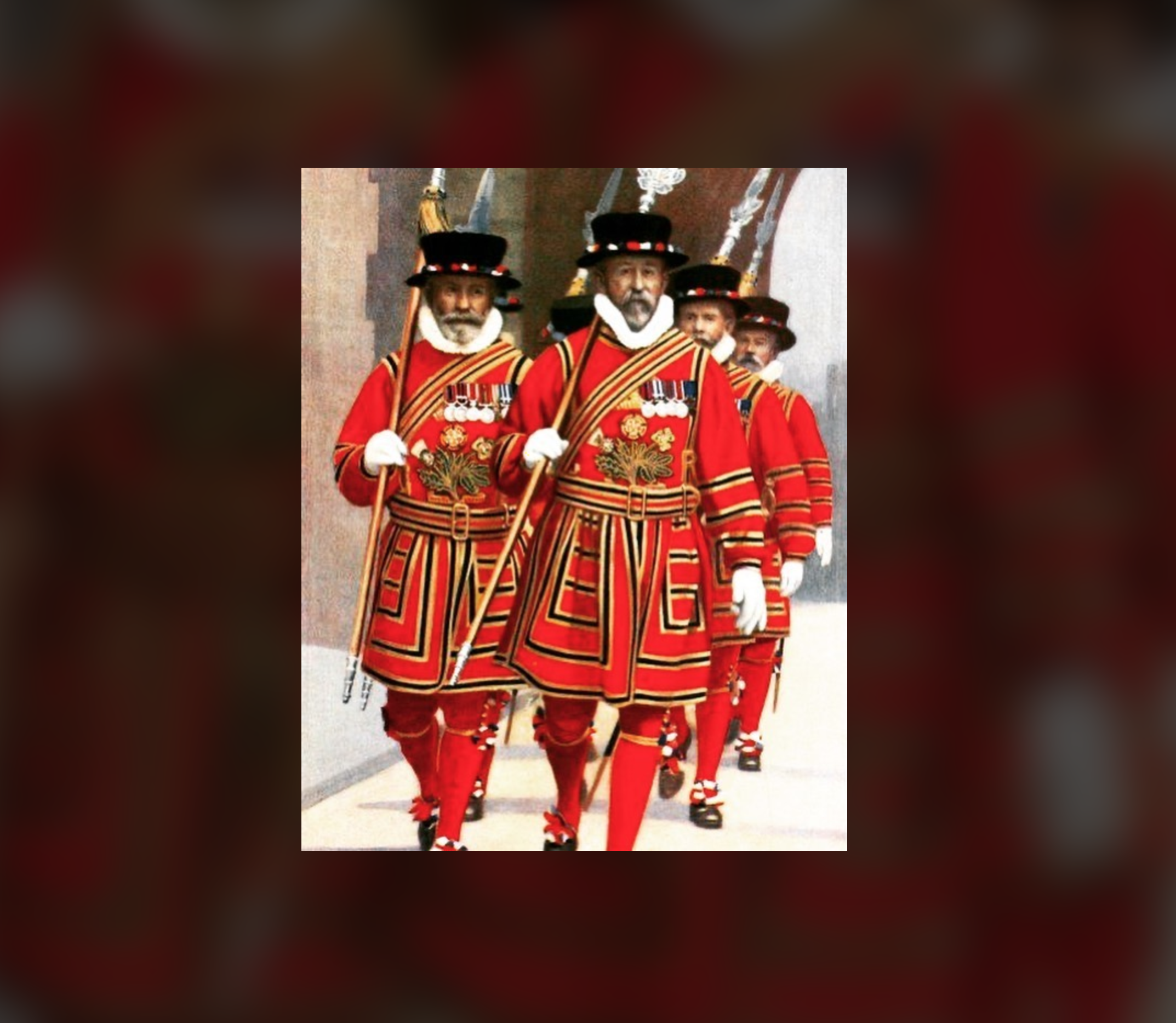There’s a bit of folklore that teaches that the British “Beefeaters” that protect the Tower of London and Crown Jewels are named such because of their diet. Some say they were actually paid in chunks of beef, others say eating mostly meat made them premier soldiers, and others describe a regal arrangement in which they could eat as much meat as they wanted from the royal court.
They represent a certain ideal in my mind. They live in the routine and ritual of the Tower of London – a living fortress. Itself representing a fortress of history, culture, and wealth. They are “guardians” of English ceremony and yet live to pass it on to all who visit. In one sense, they are costumed tour guides – but am I not also? As I spend the summer refining my goals for the upcoming months and years – I see myself as a “beefeater.” Literally, as I’ve constrained my diet more carnivore, and spiritually – as I guard the castle we call Canterbury. Inside are the Crown Jewels – my classrooms are each year filled with students who will reign wearing crowns and wielding scepters. They are also the precious jewels of their parents.
One of the most famous rituals associated with the Beefeaters is the 7-century old ceremony of the keys when the Tower of London is locked each night. The English ritual is based on a disappointing encounter between the King and a lax guard – rectified by this now every night litany of “Halt! Who goes there?” The response is remarkable: “The Keys!” As a priest, any mention of keys brings to my mind the binding and loosing that Jesus mentions in Matthew 16:19. The keys of the Kingdom. Yet the next response from the English ceremony is to ask, “Whose keys?”“The King’s Keys”
How often we forget that we approach this world and its fortifications with the “King’s keys.” Every door will be opened and obstacle overcame. Because it is as the beefeater’s final reply says: “Pass King’s Keys. All is well. Amen.”

Leave a ReplyCancel reply